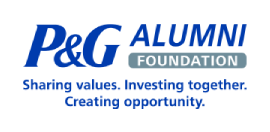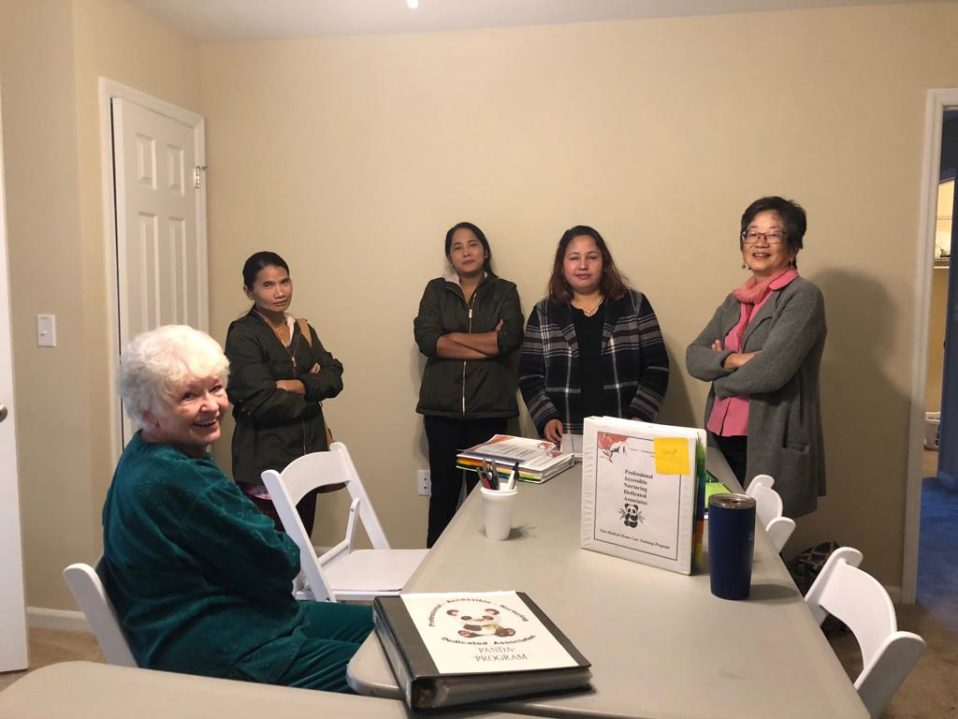 Asian Community Alliance (ACA)
Asian Community Alliance (ACA)
Educates, empowers and inspires Asian populations in need, delivering high quality, compassionate, and culturally sensitive services across Greater Cincinnati.

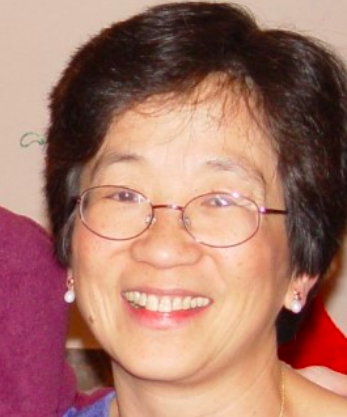
Yen Hsieh
Yen Hsieh
27-year tenure at P&G in R&D (North America)
Yen Hsieh has chaired the ACA board for the past four years. Under Yen’s leadership, funding has increased 8-fold and Yen has applied consumer research techniques to ACA’s program development. When she first started working with ACA, Yen was often told, “This is not P&G, it is a nonprofit.” Yen’s response was “Why not?!” Many P&G Alums have also been actively involved with ACA over the years including founder, Dorothy O’Brien, and fellow Alums Tessa Xuan, Jennifer Nagrath, Angie Pang and Ravi Saggar.
“There were great skills that I learned from P&G that greatly impacted my leadership with ACA. ‘Seek to Understand’ allows you to understand the root of the problem. ‘A solid strategy with measurable results’ is critical to achieving our programming success.” ~Yen Hsieh
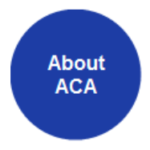
ACA was first conceived in 2000 to help close the gap between social services and programs that existed and the diverse Asian populations that needed them. ACA is unique in that they do not just serve one Asian community, but rather provide programs and services to the greater Asian / Asian American community including Indian, Chinese, Japanese, Korean, Vietnamese, Bhutanese, Nepalese and others in need. Key ACA programs have impacted over 7,000 Asian Americans including computer skills building classes, after- school tutoring, home health care and youth leadership training programs and more.
To learn more about Asian Community Alliance (ACA), click here to visit their website.
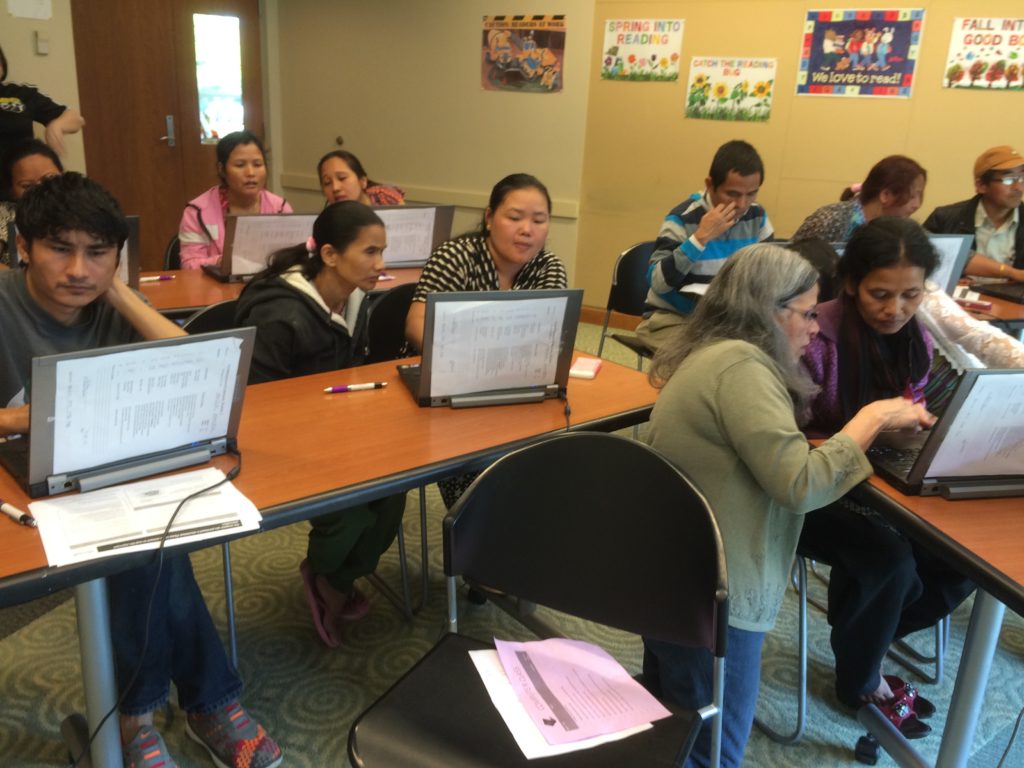

Addressing a societal issue among an aging population and leveraging funding from HealthPath Foundation of Ohio, ACA is innovating a non-medical home care training program to train Asian immigrants and refugees. The program will be used by mainstream senior care organizations to provide culturally appropriate services to their clients. Called PANDA – Professional, Accessible, Nurturing, Dedicated Associates – this unique 80-hour nonmedical, home healthcare training program is based on a holistic approach and delivers the following benefits:
- provides employment opportunities
- provides senior care organizations a chance to employ home healthcare workers who understand the cultural norms of elders served
- helps the adult children of the elders cared for remain in their jobs
- helps keep immigrant/refugee elders safe at home
The unique program is a first of its kind in the US and will serve as a model for the senior care industry both nationally and internationally. The program is not just a home care training program but includes a physician mentoring component and a business model. Employees and retirees of P&G will be recruited to teach business skills.
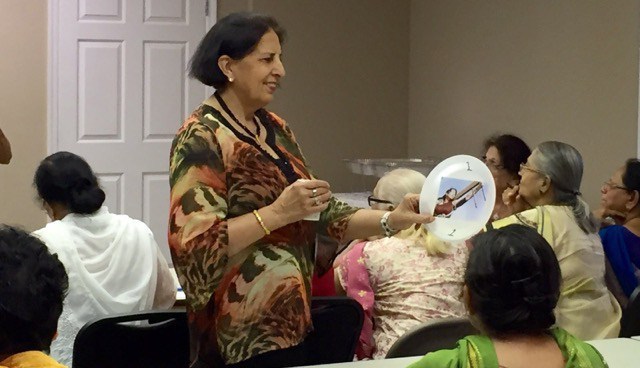

P&G Alumni Foundation grant of $20,000 will be used toward the PANDA home health care training program. ACA formed an aging, care giving 2018 collaborative driving key learning and professional partners to fuel PANDA’s success. ACA estimates 30 individuals will attain employment contributing to greater financial independence as they are deliberately working with senior care employers to place their trainees. Further, ACA has put prior funding from the P&G Alumni Foundation to great use, delivering results within their Digital Literacy Project.
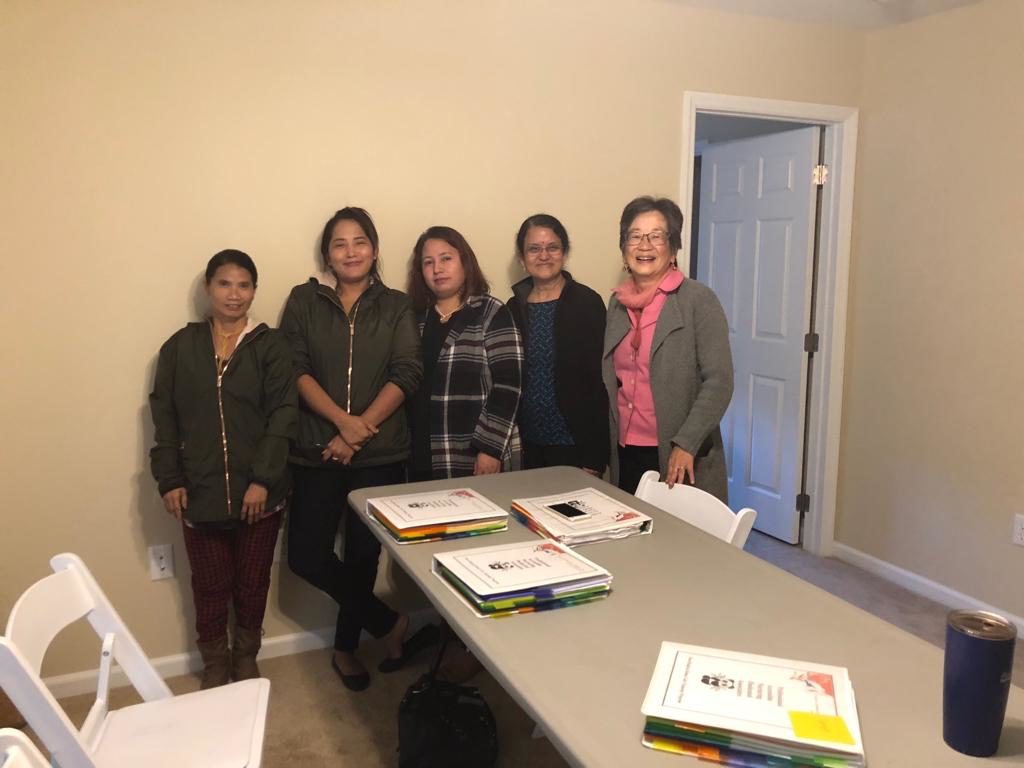

“PANDA offers Hope for the Future”
Faduma left her war torn home and immigrated to the U.S. settling in Cincinnati. After learning about PANDA’s home care training program, she realized that she might have a knack for this line of work. She had taken care of her father and enjoyed working with the elderly. Faduma thought by taking this class, she could be trained to help others while contributing to her family’s economic well-being. Recently enrolled in PANDA, Faduma is looking forward to learning, to a new career and to the future with hope and excitement.
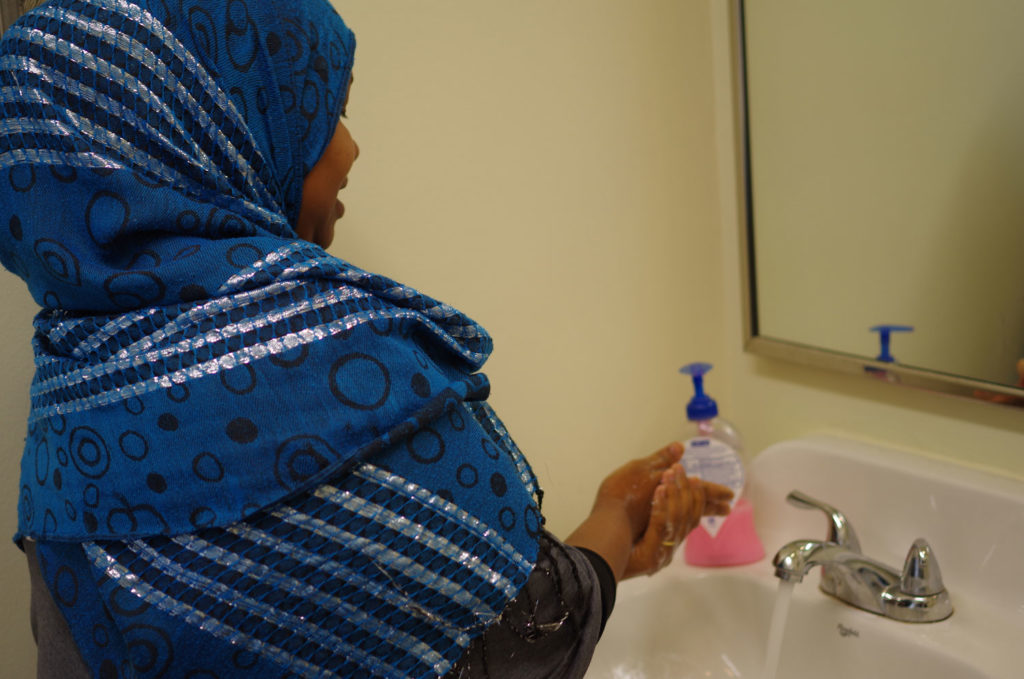
“It is truly gratifying to help individuals from varying backgrounds both ethnic and mainstream achieve economic independence.” ~Arlene de Silva, ACA Executive Director

